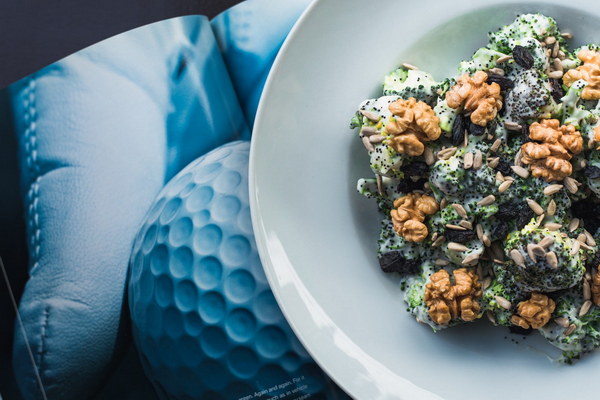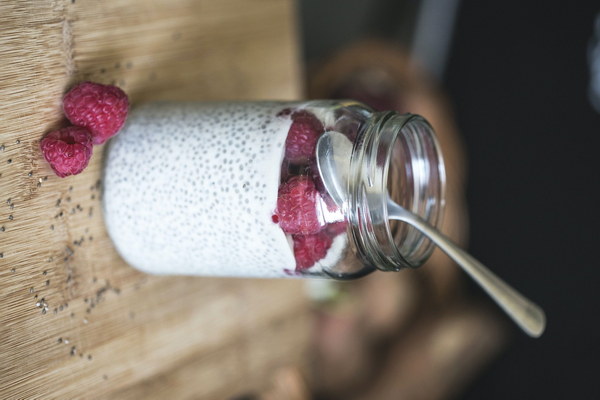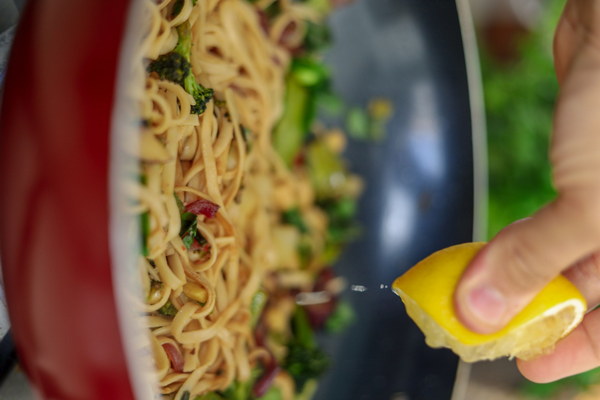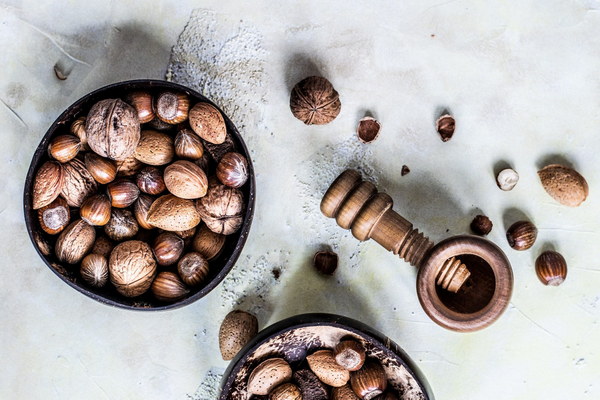Does Milk Thistle Heat Up Your Body Unraveling the Truth About Its Thermogenic Effects
In the world of natural remedies, Milk Thistle (Silymarin) has long been hailed as a liver protector. However, there's been some confusion about its effects on body temperature. Does Milk Thistle heat up your body, or is it a cooling herb? Let's delve into the research and myths surrounding this popular supplement.
Introduction

Milk Thistle, derived from the daisy-like plant Silybum marianum, has been used for centuries in traditional medicine. It is primarily known for its liver-protecting properties, but recent discussions have sparked a debate about its thermogenic effects. Some believe that Milk Thistle can increase body heat, while others claim it has a cooling effect. This article aims to shed light on the scientific evidence and dispel the myths surrounding this topic.
The Role of Milk Thistle in the Body
Milk Thistle's primary active compound is Silymarin, a flavonoid that is believed to have antioxidant, anti-inflammatory, and liver-protective properties. The liver is responsible for filtering toxins from the blood, and Silymarin is thought to help protect liver cells from damage caused by these toxins.
Thermogenic Effects: Fact or Fiction?
The term thermogenic refers to substances that increase the body's metabolic rate, leading to an increase in body temperature. When it comes to Milk Thistle, the scientific evidence is limited, and the research is not conclusive.
A study published in the journal Phytotherapy Research in 2011 suggested that Silymarin may have a thermogenic effect in rats. The study found that Silymarin increased the animals' metabolic rate and fat oxidation. However, this research was conducted on animals and does not necessarily translate to the same effects in humans.
Another study, published in the Journal of Ethnopharmacology in 2006, investigated the thermogenic effects of Silymarin in humans. The study involved a group of healthy volunteers who were given either Silymarin or a placebo. The researchers found no significant difference in body temperature between the two groups. This suggests that Milk Thistle does not have a significant thermogenic effect in humans.
Myth-Busting: Does Milk Thistle Heat Up Your Body?
Based on the available evidence, it seems that Milk Thistle does not have a significant thermogenic effect that would cause your body to heat up. While the research is limited, the studies conducted so far have not shown a conclusive link between Milk Thistle and increased body temperature in humans.
However, it's important to note that individual experiences can vary. Some people may feel a slight increase in energy or warmth after taking Milk Thistle, but this could be attributed to other factors, such as the placebo effect or individual metabolism.
Conclusion
In conclusion, the notion that Milk Thistle heats up your body is a myth that lacks substantial scientific evidence. While some animal studies suggest a potential thermogenic effect, human research does not support this claim. Milk Thistle remains a popular supplement for its liver-protecting properties, and its use is generally safe and well-tolerated. If you're considering taking Milk Thistle, it's best to consult with a healthcare professional to determine if it's right for you.









